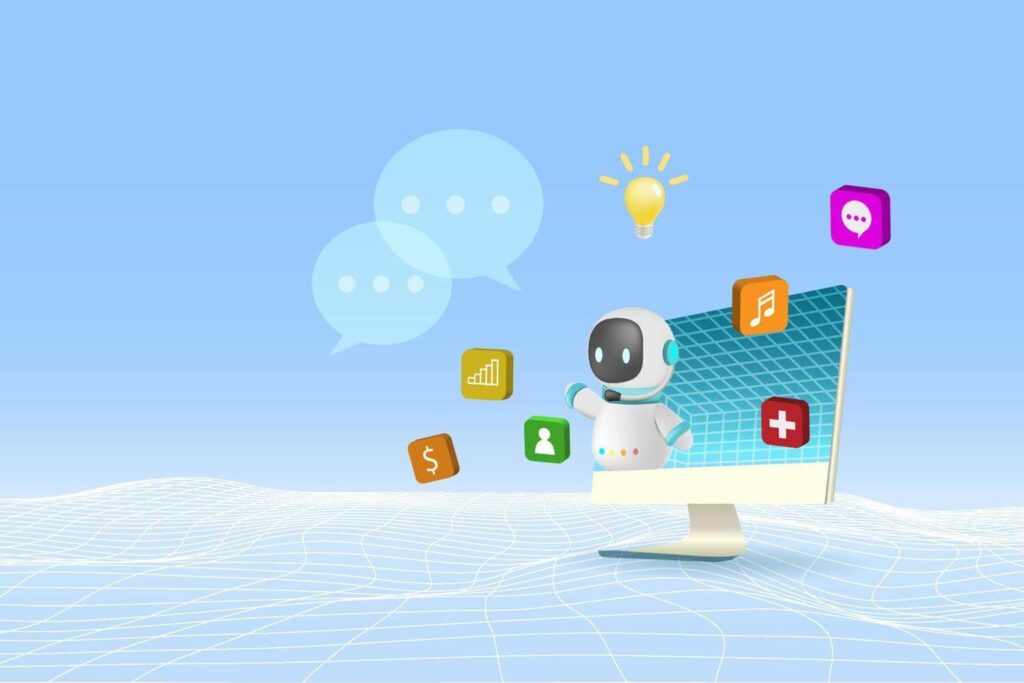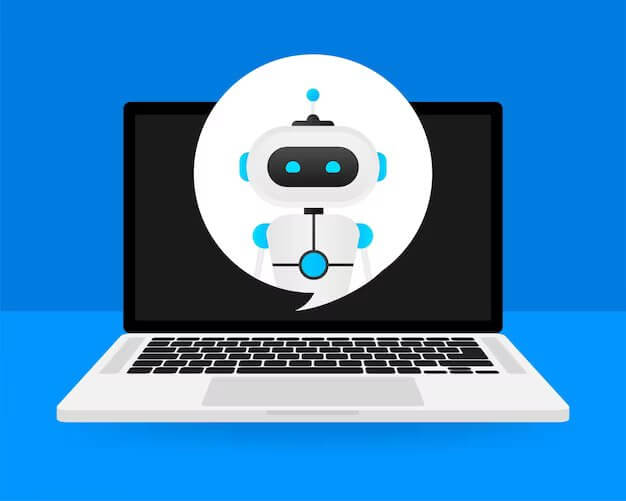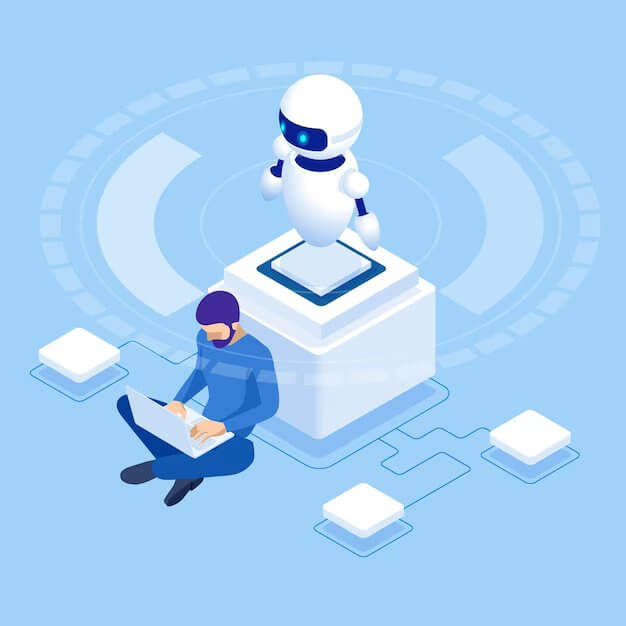The Gig Economy and AI: Freelancing and Contract Work in the AI Industry

In today’s fast-paced digital landscape, the gig economy has experienced exponential growth. It’s a realm where traditional 9-to-5 jobs take a backseat, and freelancing and contract work are the new norm. When you throw AI into the mix, you get a dynamic synergy that’s changing the employment game. In this article, we’ll delve deep into the fusion of the gig economy and AI, exploring the opportunities, challenges, and everything in between.
The Gig Economy: A Brief Overview
Before we dive into the AI integration, let’s get the basics straight. What exactly is the gig economy? Well, it’s a labor market characterized by short-term contracts, freelance work, and independent contracting. Gig workers often move from project to project, offering their skills and expertise on a temporary basis.
The Rise of the Gig Economy
Why has the gig economy surged in popularity? Several factors come into play here:
- Flexibility: In the gig economy, you’re the boss. You decide when, where, and how you work. This flexibility is a massive draw for those seeking work-life balance.
- Digital Advancements: The internet has opened up a world of opportunities. With just a laptop and a reliable Wi-Fi connection, you can tap into a global client base.
- Specialized Skills: Companies often require niche skills for specific projects. Freelancers can offer these specialized talents without the commitment of a full-time hire.
- Cost-Efficiency: For businesses, hiring gig workers can be cost-effective. They save on benefits, office space, and other overhead expenses.
Now that we’ve laid the groundwork, let’s explore how AI is intertwining with this booming gig economy.
AI in the Gig Economy: A Game-Changer
Artificial Intelligence, often abbreviated as AI, is transforming industries left and right. But how is it impacting the gig economy, and what opportunities does it present?
- Automating Mundane Tasks
Question: Can AI really make gig work more efficient?
Absolutely! AI can take care of repetitive and time-consuming tasks. For instance, chatbots can handle customer inquiries, leaving freelancers to focus on more complex aspects of their work.
- Personalized Job Matching
Question: How can AI help gig workers find the right jobs?
AI-powered platforms can analyze a freelancer’s skills, experience, and preferences to match them with suitable gigs. It’s like having a personal job assistant that always knows your strengths and interests.
- Predictive Analytics
Question: Can AI predict the demand for certain skills in the gig economy?
Indeed, it can. AI algorithms can analyze market trends and predict which skills will be in high demand. This allows freelancers to upskill strategically and stay ahead of the curve.
- Enhanced Networking
Question: How is AI revolutionizing networking in the gig economy?
AI-driven networking platforms can connect freelancers with potential clients and collaborators. It’s like attending a networking event without leaving your home office.
Now, while the fusion of AI and the gig economy offers exciting prospects, it’s not all smooth sailing. There are challenges to overcome as well.
Challenges of AI in the Gig Economy

No revolution comes without its hurdles. The integration of AI into the gig economy presents its own set of challenges.
- Job Displacement
Question: Could AI eventually replace gig workers?
There’s a possibility, especially for jobs that involve routine tasks. AI-powered tools can be incredibly efficient, leading to reduced demand for certain gig services.
- Data Privacy Concerns
Question: Are there privacy risks associated with AI in the gig economy?
Absolutely. AI relies on data, and handling sensitive client information raises concerns about data security and privacy breaches.
- Skills Gap
Question: Will freelancers need to constantly upskill to keep up with AI?
Yes, the rapid evolution of AI means that gig workers must stay updated with the latest skills and technologies. Adaptability is key.
- Fair Compensation
Question: How do we ensure fair pay in a gig economy driven by AI?
Determining fair compensation for gig workers can be challenging when AI is involved. Some argue that AI-driven tasks should command lower rates, while others disagree.
AI Use Cases in the Gig Economy
Let’s shift gears and explore some real-world applications of AI in the gig economy. These examples showcase the versatility of AI across various industries.
- Content Creation
Question: Can AI write articles like this one?
Yes, it can! AI-powered tools can generate content, saving time for freelancers who can then focus on editing and refining.
- Ride-Sharing and Delivery Services
Question: How does AI enhance ride-sharing and delivery apps?
AI algorithms optimize routes, estimate arrival times, and even predict surges in demand, making these services more efficient and convenient.
- Healthcare
Question: Is AI a part of the gig economy in healthcare?
Indeed, telemedicine platforms leverage AI for diagnosis, making it possible for healthcare professionals to offer remote consultations.
- E-commerce
Question: How does AI impact e-commerce in the gig economy?
AI-driven recommendation engines analyze customer behavior and suggest products, helping gig workers in e-commerce boost sales.
The Future of Freelancing in the AI Era

So, what does the future hold for gig workers in an AI-driven world?
- Hybrid Work Models
Question: Will freelancers work exclusively online in the future?
Not necessarily. The future might see a blend of physical and remote work, with freelancers collaborating with AI-powered systems seamlessly.
- Lifelong Learning
Question: Is continuous learning the key to thriving in the gig economy of the future?
Absolutely. Freelancers will need to embrace lifelong learning to stay relevant and competitive in the ever-evolving landscape.
- Ethical Considerations
Question: How do we address ethical concerns in the AI-powered gig economy?
We must establish guidelines and regulations to ensure fairness, data privacy, and ethical AI usage in the gig economy.
- Global Opportunities
Question: Can AI help freelancers tap into global markets?
Yes, AI can break down geographical barriers, allowing freelancers to access a global client base more easily.
The gig economy and AI are a match made in digital heaven, offering freelancers and contract workers exciting opportunities and challenges. As AI continues to advance, it will reshape the way we work, collaborate, and find opportunities in this ever-evolving gig economy. The key is to adapt, embrace change, and use AI as a powerful tool to enhance our skills and efficiency in this dynamic landscape. Whether you’re a freelancer or a business owner, understanding and harnessing the potential of AI is essential to thriving in the gig economy of the future. So, are you ready to ride the wave of AI-powered freelancing?
Frequently Asked Questions
- What is the gig economy?
The gig economy refers to a labor market characterized by short-term contracts, freelance work, and independent contracting. Workers in the gig economy often take on temporary projects or tasks rather than traditional full-time employment.
- How is AI transforming the gig economy?
Artificial Intelligence (AI) is transforming the gig economy by automating tasks, personalizing job matching, providing predictive analytics, and enhancing networking opportunities for gig workers.
- Can AI replace gig workers entirely?
While AI can automate certain tasks, it is unlikely to replace gig workers entirely. There will always be a need for human creativity, problem-solving, and decision-making in many industries.
- What are the benefits of AI in the gig economy for freelancers?
AI can benefit freelancers by automating repetitive tasks, helping them find suitable job opportunities, predicting future job trends, and facilitating networking and collaboration with clients and peers.
- Are there privacy concerns with AI in the gig economy?
Yes, there are privacy concerns. AI relies on data, and handling sensitive client information raises concerns about data security and privacy breaches. It’s important for freelancers and businesses to prioritize data protection.
- How can freelancers stay competitive in the AI-driven gig economy?
Freelancers can stay competitive by embracing lifelong learning, continuously updating their skills, and staying informed about the latest AI technologies and trends in their respective industries.
- What are some real-world applications of AI in the gig economy?
AI is used in content creation, ride-sharing and delivery services, healthcare (telemedicine), e-commerce (product recommendations), and various other sectors to enhance efficiency and productivity.
- How can freelancers ensure fair compensation in the AI-powered gig economy?
Determining fair compensation can be challenging. Freelancers should consider factors like the complexity of the task, their skills, market rates, and the value they bring to clients when setting their rates.
- What is the future of freelancing in the AI era?
The future of freelancing will likely involve a blend of physical and remote work, a strong emphasis on lifelong learning, the establishment of ethical guidelines for AI use, and increased global opportunities as AI breaks down geographical barriers.
- How can businesses benefit from hiring gig workers in the AI era?
Businesses can benefit from hiring gig workers by accessing specialized skills, reducing overhead costs, and scaling their workforce based on project needs, all while leveraging AI tools to enhance efficiency.